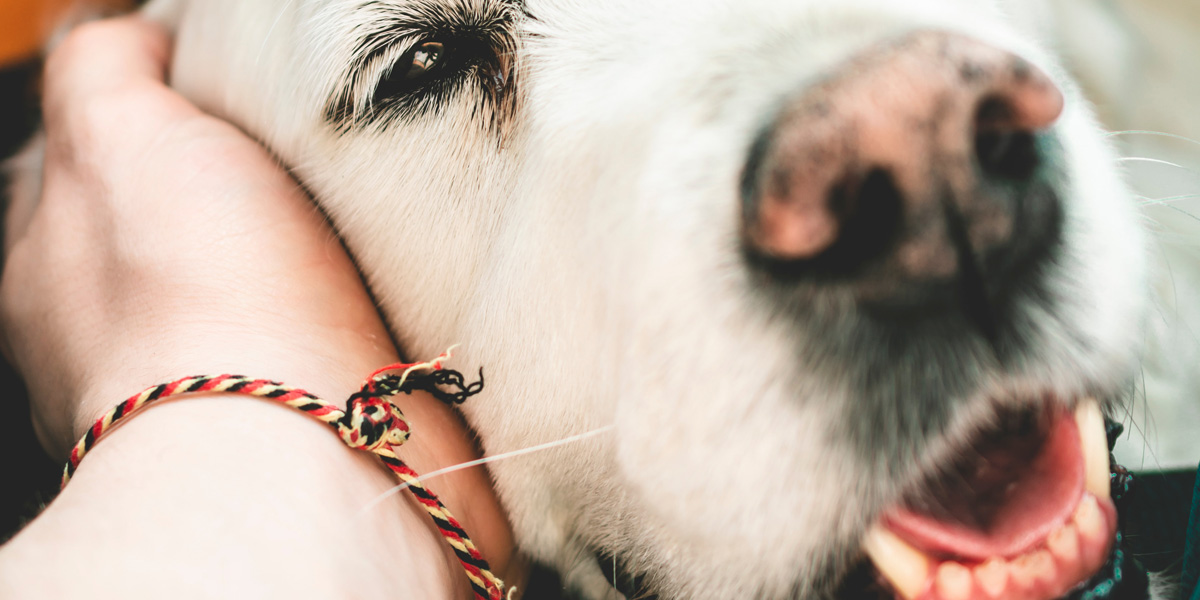
Save 35% with AutoShipUse code SAVE35 (Up to $20 max. Exclusions apply)

SAVE AN EXTRA $5 - $20 OFFUse code PETS in cart (Exclusions apply)

While efforts are made to answer all questions as quickly as possible, if an immediate answer is required or if your pet is in need of urgent or emergency care, contact your pet's veterinarian immediately.

You will receive an answer from Dr. Lindsay and our vet/tech team as soon as possible, usually the same day.
All answers are provided for informational or educational purposes only, and are intended to be a supplement to, and not a substitute for, the expertise and professional judgment of your pet's veterinarian.
It may be necessary to consult your pet's veterinarian regarding the applicability of any opinions or recommendations with respect to your pet's symptoms or medical condition.
Close
An error has occurred, please reload the page and try again.
CloseWhile efforts are made to answer all questions as quickly as possible, if an immediate answer is required or if your pet is in need of urgent or emergency care, contact your pet's veterinarian immediately.
There is no answer related to your question

In humans, lupus is a chronic illness that’s not well understood. This condition also affects dogs, who in addition to experiencing many of the same symptoms, are unable to tell us where it hurts.
In honor of Lupus Awareness Month, learn about the types of lupus that dogs can develop, what symptoms to look out for, and what treatment options are available to help relieve symptoms and achieve remission.
Your dog’s immune system is a complex system of cells that identify, target, and attack pathogens that cause infection and illness.
In dogs with lupus, though, the immune system mistakenly attacks the cells that make up organs and tissues in the body.
There are two primary types of lupus that affect dogs:
Discoid lupus erythematosus (DLE) or skin lupus is the most common type of lupus in dogs. It usually affects the skin, causing symptoms like rashes and hair loss.
Systemic lupus erythematosus (SLE) is more similar to lupus in humans, though it’s much less common in dogs. It can affect any part of the body and often affects multiple organs, and is more likely to have life-threatening complications like kidney failure and anemia.
It’s not well known why some dogs and people develop lupus. It’s believed to be caused by multiple factors, including genetics, environmental influences, and in rare cases, certain medications prescribed to treat seizures or infections.
Lupus is reportedly more common in certain breeds, including the German Shepherd, Shetland Sheepdog, Chow Cow, Siberian Husky, Afghan Hound, Poodle, and Alaskan Malamute.
Every dog with lupus is different, and the disease can be unpredictable, attacking different parts of the body with non-specific symptoms.
Symptoms of DLE (Skin) Type Lupus in Dogs
Symptoms of SLE (Whole Body) Type Lupus in Dogs
Lupus is incurable and will affect your dog for the rest of their life. However, this chronic condition is manageable, and many dogs with lupus enjoy a relatively normal life once their symptoms are under control.
In dogs with DLE, or skin type lupus, your veterinarian may prescribe topical steroid creams and/or antibiotics as needed to control itching and inflammation. You will also need to keep your dog out of direct sunlight, as sunlight seems to trigger flare-ups.
Dogs with SLE or systemic lupus often need steroids and other immunosuppressants to prevent their immune system from attacking their joints and vital organs. Sometimes, chemotherapy is used to treat pain and to help further suppress the immune system.
Treatments for lupus lower the immune system response, helping to reduce symptoms and even allowing the dog to go into remission. However, this also means the immune system is not as effective at fighting off illnesses, leaving the dog more susceptible to urinary tract infection, respiratory infections, and skin infection.
Around 30% of dogs with SLE will eventually develop immune-mediated hemolytic anemia (IMHA), a form of anemia in which the immune system has attacked the body’s red blood cells. IMHA is life threatening and requires hospitalization for treatment with blood transfusions.
Lupus was first diagnosed in dogs in 1965, and it’s still not truly understood. While complex to diagnose, treat, and manage, new research is emerging every year on treatments that can help relieve symptoms and give every dog a chance of achieving long-term remission.
For pet parents, receiving a lupus diagnosis is overwhelming, and can be devastating. But with treatment and management, remission is possible. Dietary and lifestyle changes, new medications, alternative treatments can all help control inflammation, stop pain, and extend the healthy, happy years of dogs with lupus.
VISION
Every pet deserves to live a long, happy, healthy life.
 Swipe
Swipe